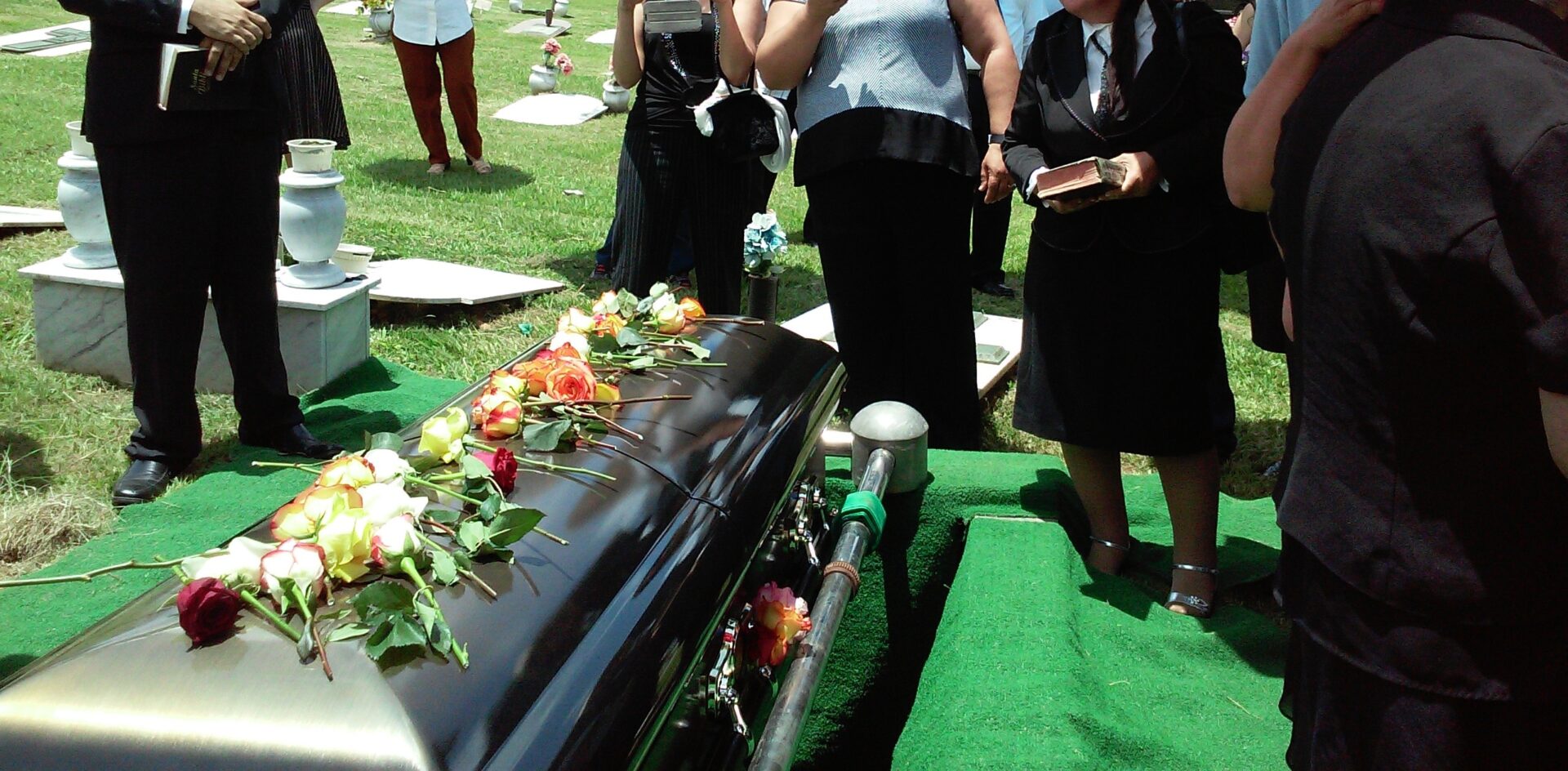
Photo by Rhodi Lopez on Unsplash
Kids who die, adults who contribute
Black and white,
For kids will die certainly.
The old and rich will live on awhile,
As always,
Eating blood and gold,
Letting kids die.
Kids will die in the swamps of Mississippi
Organizing sharecroppers
Kids will die in the streets of Chicago
Organizing workers
Kids will die in the orange groves of California
Telling others to get together
Whites and Filipinos,
Negroes and Mexicans,
All kinds of kids will die
Who don’t believe in lies, and bribes, and contentment
And a lousy peace.
-Excerpt from “Kids Who Die” by Langston Hughes
I first heard this poem read aloud in July, standing on the sacred grounds of the Children’s Defense Fund’s Haley Farm where, upon arrival, you’re told, “Welcome Home.” I’d never heard anything of this Langston Hughes poem before, never knew that amidst deferred dreams and a seat at the table, that Hughes penned a lament for kids who die in this country called America.
On the porches of buildings on the farm there are rocking chairs with plaques inscribed with the names of kids who did die—Emmett Till, Addie Mae Collins, Carol Denise McNair, Cynthia Wesley, Carole Rosamond Robertson, and Ana Grace Marquez-Greene.
It is August now and I am thinking of Mike Brown, another kid who died, and Marc Mulongo, a 16-year-old who was fatally shot here in New Haven in May. There is something hauntingly calloused about Hughes’ turn of phrase. It feels much too flippant to think of Emmett, Addie Mae, Denise, Cynthia, Carole, Ana Grace, Mike, and Marc as kids who died. They were sons, daughters, cousins, grandchildren–children of God who didn’t just die but who were killed unrepentantly.
Are we letting kids die?
In her sermon, “A Nightmare in Broad Daylight,” the late Rev. Dr. Prathia Hall asks in her startling, signature trill, “Who are they to you? And your ministries of teaching and preaching and care? And who are you to them?…Who are they? Who are these captive youth to you? Your ministries? And who are you to them?”
She deemed these a troubling series of questions that plagued her spirit. These questions plague my spirit too as I think about the kids who have died, the kids who are dying, and the kids who will die certainly, as Hughes prophetically penned. The causes of death–hate crimes, suicide, racism, neglect, abuse, hunger, war, gun violence–were no different then than they are now, and they ought to stir us, ought to spur us not just to act but to move.
An action is singular. A movement is continuous. There is a difference between placing a Black Lives Matter sign on your lawn and working to bring affordable housing to communities that have histories of racist housing covenants and redlining. There is a difference between going to a Pride parade and lobbying against legislators who’d seek to ban gender-affirming care for minors. There is a difference between voting for a candidate and holding them accountable to their campaign promises once they get elected.
What movements ought we be crafting to love and protect children?
September marks 60 years since the 1963 16th Street Baptist Church Bombing in Birmingham. Sixty years ago, four kids died while at church on a Sunday. I can only imagine what it must be like to have to count the days, weeks, months, and years without your child. Without your sibling. Without your grandchild. And yet this is the world we live in where daily, kids are dying.
We must be radically honest with ourselves about who “the old and the rich” are in our communities who are content “eating blood and gold, letting kids die.” In 1960s Alabama, you’d have to look no further than to then-Governor George Wallace and Birmingham Public Safety Commissioner Eugene “Bull” Connor. Both staunch segregationists, Wallace and Connor cannot be absolved of their culpability in the murders of those four little girls, nor can the Christians who may have voted for them. We can no longer deceive ourselves into thinking that these dots are not connected, particularly in a nation that proclaims to be one nation, under God with liberty and justice for all, while white supremacy courses through its DNA, as Robert P. Jones, author of White Too Long: The Legacy of White Supremacy in American Christianity, contends.
Time and time again, we see local, state, and national elected officials do nothing or align themselves with white supremacy, America’s signature brand of wickedness that has evolved from chattel slavery, lynching, the Ku Klux Klan, and Jim Crow to overt and covert iterations in this present day and age.
Attending church and Bible study on a weekly basis does not exempt us from engaging in the radical, love-centered, liberating movement of Jesus Christ that is committed to, “to bring good news to the oppressed, to bind up the brokenhearted, to proclaim liberty to the captives, and release to the prisoners,” as proclaimed in Isaiah 61. As James admonishes us, “Remember, it is sin to know what you ought to do and then not do it” (James 4:17 NLT).
What movements ought we be crafting to love and protect children and liberate adults?
Minister Ryan Lindsay Arrendell is an Emmy-award winning journalist, preacher, writer, and entrepreneur. She believes in storytelling as a powerful tool for healing and change. Whether she’s in the pulpit, the streets, the classroom or on the stage, Ryan Lindsay leads with love to connect with those around her.
The views expressed are those of the author and not necessarily those of American Baptist Home Mission Societies.


